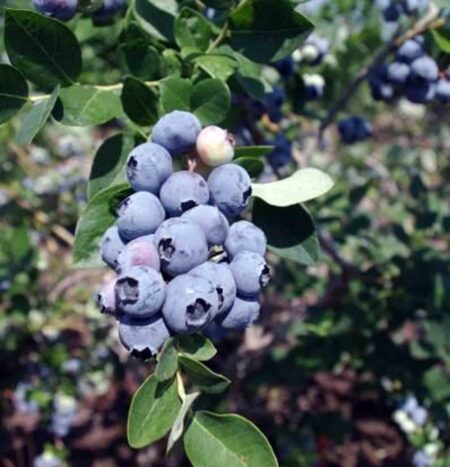Our hot temperatures may not indicate it, but it’s time to begin a fall vegetable garden.
Cool-season vegetables include many of the leafy-green vegetables such as cabbage, collards and spinach. Other cool-season vegetables that you can enjoy include radish, beets and carrots.
Let’s take a closer look at some of the plants to be planted for the fall.
Broccoli is an excellent crop for the home garden. General cultural practices are about the same as for cabbage. Broccoli and cabbage should be planted during August or the first of September.
Collards will withstand wide ranges of temperatures if properly conditioned. They may be direct seeded and thinned to cabbage spacing or plants may be set. Collards may be harvested by cutting the whole plant or by “cropping” individual leaves. Plant collards during August or first of September.
Onions are generally grown from sets or plants. Sets and plants will require about six to eight weeks to reach eating size. Bulbing onions will not be ready to harvest until spring. Sets and plants should be spaced about two inches apart. Plant onions September through December.
Radish is fun to grow and it is fast. It should be ready to harvest 25 to 30 days after planting.
Plant radish seed September through mid-October.
Other cool season vegetables to try include: Beets, plant Aug. 1-Sept. 20; carrots, plant Aug. 20-Sept. 15; cauliflower, plant Aug. 15-Oct. 15; kale, plant Aug. 15-Oct. 15; lettuce, plant Sept. 1-Oct. 1; mustard, plant Aug. 20-Sept. 10; spinach, plant October-November; turnips plant Aug. 10-Oct. 1.
A plant clinic will be held Friday, August 14 from 10 a.m. to 1 p.m. in Fort Walton Beach at the Okaloosa County Extension building, 127 W. Hollywood Boulevard.
The plant clinic is designed to provide a place and time for people to bring in samples of plants for diagnosis, including weeds for identification.
Bring to the plant clinic a fresh sample of the weed, plant, insect, etc. This may include a plant stem with several leaves, a 4-inch square of grass with roots attached, etc. You may also bring a sample of your soil for pH testing.
Copies of the Florida Vegetable Gardening Guide will be available at the plant clinic. This UF/IFAS Extension publication is a great resource for both the beginning gardener as well as the experience gardener in Florida.
Larry Williams, UF/IFAS Extension Agent, Okaloosa County, August 7, 2015




